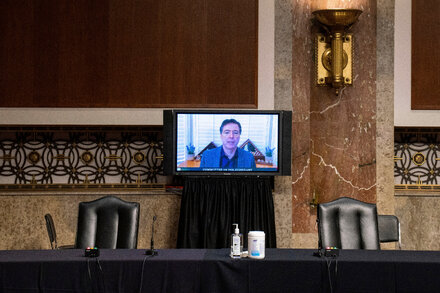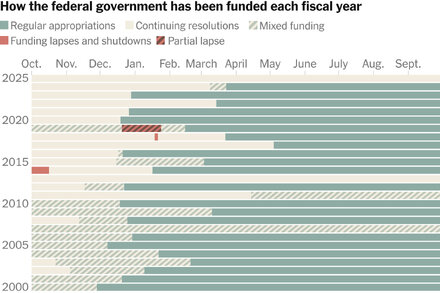The question of who will govern the Gaza Strip in the aftermath of the ongoing conflict has become a central point of international and regional debate, with the Palestinian Authority (PA) frequently discussed as a potential administrative body. The PA, which currently holds limited self-rule in parts of the West Bank, governed Gaza until Hamas took control in 2007.
The prospect of the PA resuming its role in Gaza faces complex challenges, including its own legitimacy among Palestinians, strong Israeli opposition to its return in its current form, and the operational difficulties of re-establishing control in a war-torn territory.
Palestinian Authority’s Stance
The Palestinian Authority has consistently expressed its readiness to assume responsibility for Gaza, but under specific conditions. PA President Mahmoud Abbas has emphasized that any return must be part of a broader political solution that unifies the West Bank, East Jerusalem, and Gaza, and not under an Israeli military escort.
“We are ready to assume our responsibilities in the Gaza Strip as part of a comprehensive political solution that includes the West Bank, East Jerusalem, and the Gaza Strip,” Abbas has stated, adding, “We will not accept reoccupation of Gaza by Israel or any cutoff of any part of the Gaza Strip.”
The PA envisions a unified Palestinian leadership governing all Palestinian territories, leading towards an independent state. However, its authority has waned among many Palestinians due to a lack of elections since 2006, perceived corruption, and its ongoing security coordination with Israel.
Israel’s Position
Israel has voiced strong opposition to the PA returning to govern Gaza in its current state. Israeli officials, including Prime Minister Benjamin Netanyahu, have cited security concerns and the PA’s existing policies regarding prisoners and martyrs’ families as reasons for their reluctance.
“There will be no civilian authority in Gaza that educates its children to hate Israel, to kill Israelis, to eliminate the State of Israel,” Prime Minister Netanyahu remarked, stressing that Israel would maintain overall security control in the Strip.
Israel’s vision for Gaza’s future generally involves a demilitarized zone under some form of local, non-Hamas civilian administration, with Israel retaining the right to operate militarily for security purposes.
International Perspectives
The United States and many European and Arab nations have largely advocated for a “revitalized” Palestinian Authority to eventually govern both the West Bank and Gaza as part of a pathway towards a two-state solution. They view the PA as the most plausible existing Palestinian entity capable of undertaking such a role, provided it undergoes significant reforms.
U.S. Secretary of State Antony Blinken has repeatedly stressed the need for “a revitalized Palestinian Authority that can effectively govern Gaza and the West Bank.” He added that “the Palestinian people must be at the center of post-conflict planning for Gaza.”
There is a widespread international consensus that a stable, unified Palestinian governance structure is essential for long-term peace and reconstruction in the region.
Challenges and the Path Forward
Beyond the divergent political wills, significant practical challenges remain. The PA’s administrative and security capacities would need substantial bolstering, and its legitimacy would require rebuilding among a population deeply affected by years of separation and conflict. Any transition would also necessitate a clear mechanism for transferring authority and managing security in a territory currently dominated by Hamas.
Discussions continue among regional and international actors about potential transitional arrangements, which could include an interim multinational force or a phased return of PA authority alongside international oversight and significant reconstruction efforts.
The ultimate role of the Palestinian Authority in Gaza’s future remains a subject of intense negotiation and strategic planning, deeply intertwined with the broader trajectory of the Israeli-Palestinian conflict.
Source: Read the original article here.





